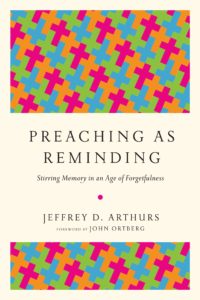
The second recorded sermon recorded in Kimnach’s volume 10 of The Works of Jonathan Edwards is, The Value of Salvation. It’s based on Matthew 16:26 “…what shall a man give in exchange for his soul?”
Of course, you’d make sure your listeners answered, “Nothing!”
And Edwards makes sure they see the “inestimable worth” of salvation (p. 322). He does this by focusing our attention on what it means to be delivered from all evil.
He writes, “There shall be nothing to interrupt the happiness of believers: there shall be no evil approach the gates of heaven” (p. 322). Edwards is teaching me that that’s not specific enough as he continues with…
“They shall be perfectly delivered from sin and temptation. The saved soul leaves all its sin with the body; when it puts off the body of the man, it puts off the body of sin with it. When the body is buried, all sin is buried forever, and though the soul shall be joined to the body again, yet sin shall never return…” (p. 323).
That is going to be a great day for anyone who is plagued by temptation in this life. The more godly your listeners, the more their ungodliness bothers them. Any of your sermons/lessons aimed at defeating temptation in this life are enhanced by thoughts of how happy the next life will be when evil is erased.
For instance, “there shall [be] no more assaults of lusts to be resisted….They shall no more be tempted by the shining vanities” (p. 323).
What a day that will be!
Edwards was a master at showing all the reasons why the salvation of the soul is of inestimable worth. And he was a master at using the rewards of the gospel to motivate his listeners to godliness.
May our Lord receive glory in the church and in Christ Jesus (Ephesians 3:21) as we follow his example.
Randal











